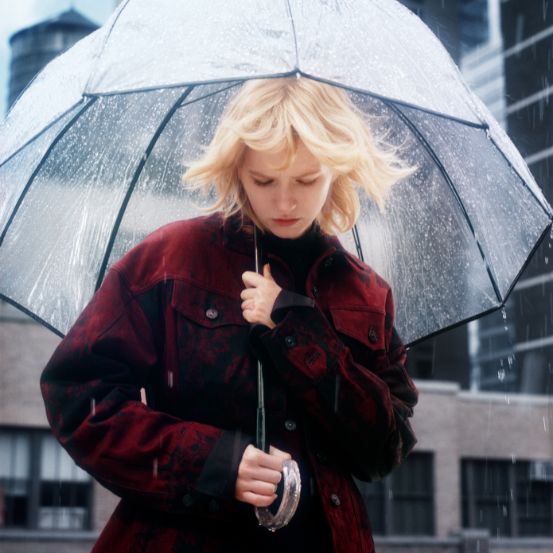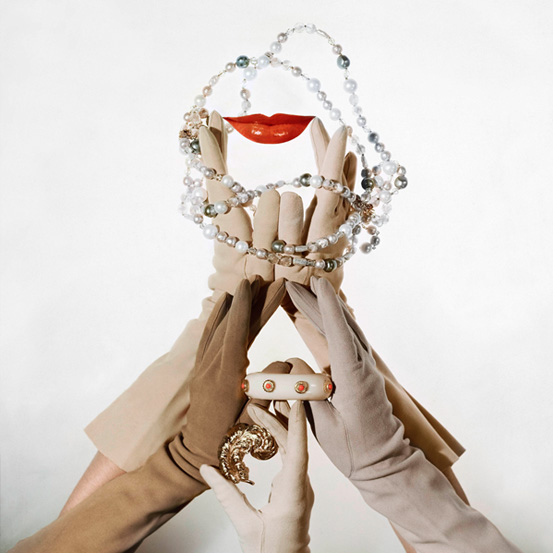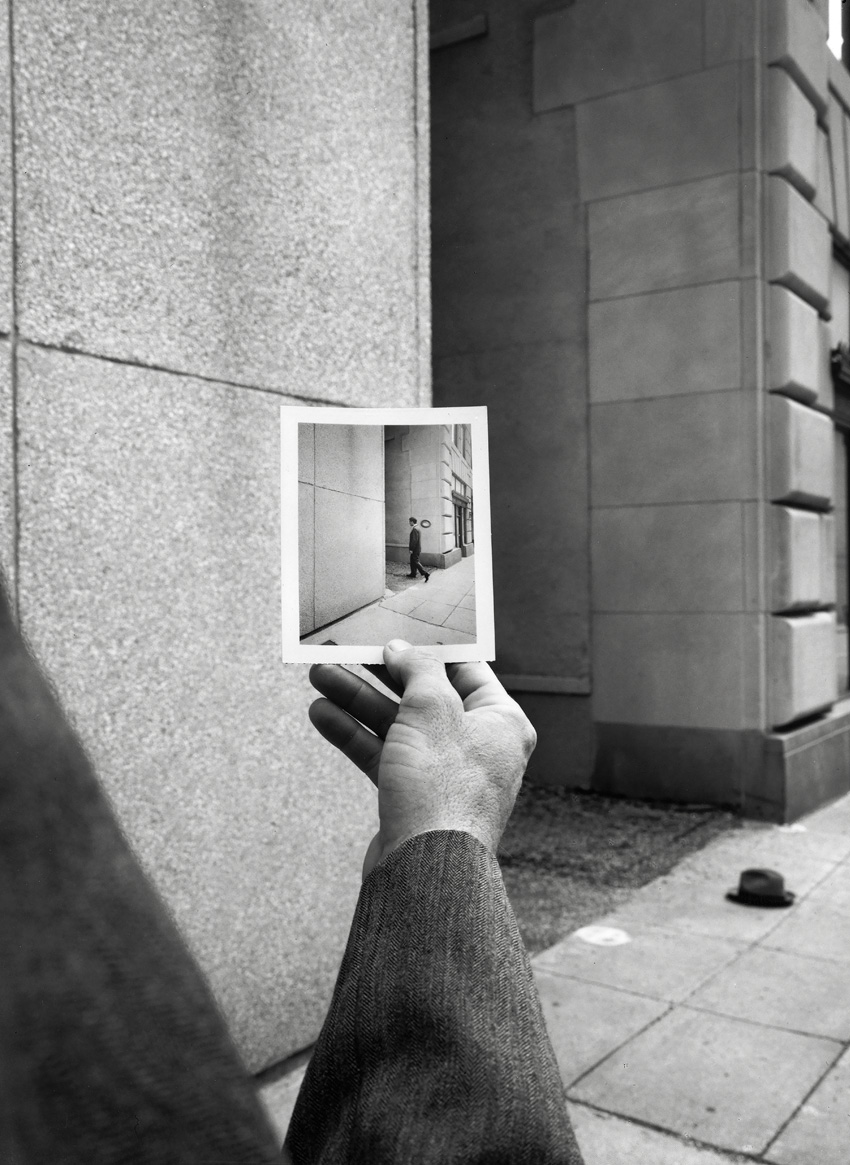The Memories Issue
Inner time has its own way of being counted. Memories are rarely what we want to remember, but what our brain decides to give us.
In 1931, Salvador Dalí painted one of his most famous paintings in less than five hours. The Persistence of Memory is not only one of his most recognized works, but also a milestone in the Surrealist movement. In his autobiography, Dalí says that he conceived the painting while waiting for his wife to return from the theatre - that day he felt tired, had a slight headache and decided not to leave the house. As soon as his wife returned, Dalí showed her what he had been doing, seeing in her the "unmistakable contraction of astonishment and admiration." Frightened, he asked her if she thought she would forget that image in three years. The answer was unequivocal: "No one can forget her once seen." Unforgettable, indeed, that trance that Dalí shared with the world. But what is it that we see in the image? What does it represent? At a glance, the unreal elements (melted clocks) represent time passing differently. Unlike normal clocks, which accurately mark the passage of seconds, Dalí's clocks have different markings because their hands are melted and give a distorted notion of the seconds. The only clock that isn't deformed is the one facing downwards with ants on it - the painter didn't like ants and, in his works, these insects are related to putrefaction. The fly that appears perched on one of the clocks is further confirmation of the artist's approach to the issue of time - and how he uses everyday symbols to play with our perception of memory. The insect symbolizes the passage of cycles and reminds us that time passes. The subjective notion of time is explored by Dalí to the point where the figure of the painter himself appears asleep under a melted clock. The place of the dream, of wakefulness, is also a place where temporality takes on other realities. The time in The Persistence of Memory is not real time, but the time of the unconscious. The work is a subjective vision of temporality and its implications, whether in the realm of art or memories. In a way, The Persistence of Memory is a tribute to inner time and the unconscious, to the memories that remain and those that we have lost, which have their own way of being told - and which therefore escape rationality.
"Memory remains a great mystery to science. No scientist knows for sure how the brain sorts and physically stores all the information - and all kinds of information - that is encoded in memories. But cognitive psychologists hope that asking people what they remember will start to teach them how they remember. And with a better understanding of how, scientists can perhaps find ways to correct memory lapses.” The Vox website had a special dedicated to memory, published in January 2022, where these and other conclusions could be read. One thing is certain: research into the ability to remember is looking at whether there is something predetermined that conditions what goes into our memories (or not). Everything suggests that there is. In the article mentioned above, Chris Baker, a neuroscientist at the National Institutes of Health who studies visual perception, posed the question: "To what extent does what we remember have to do not with us, but with what we are trying to remember?” Almost all human beings have in common the ability to accurately recall particularly random facts with extreme ease. The song from the soap opera Kananga do Japão. The first time you saw the Nivea ball. The voice of the presenter of the program Agora Escolha, Vera Roquette. The unrepeatable taste of Super Gorilla gum. In comparison, they can't remember the birthdays of many family members and friends, let alone the phone numbers of each of them. If memory is like a movie, those things, the apparently relevant ones, are the ones that didn't make it into the edit - they're not part of the director's cut. And they remain forever in limbo, stored in an "on hold" folder in case the film needs to be re-released at a later date. Perhaps, in the end, everything is important, and everything gives even more strength to the final masterpiece, the memory we take with us. In my case: the afternoon I discovered Hozel's hot dogs (smeared with mustard). The decoration of Dona Rosário's salon. The day I pulled out a tooth and got blood on my pink skirt. The smile of Katucha, the owner of the record store. The Kubrick’s office smell from the video store. The XL size of the A Bola newspaper, which prevented me from seeing my father, sitting in a chair in front of me in the Bijou. My aunt Maria carrying a piece of toast to the table and scolding the waiters because the coffee was cold. The morning Daniela and I decided to walk to the Continente to buy bread (it was a good few kilometers from home). The complete lyrics of songs I've never heard since, by authors who occasionally come to mind - Aaliyah, Beck, En Vogue, Portished. The smile (and dimples) of the lady at the mini-market where we shopped. The annoying noise my bike made with every pedal stroke. The feeling of cold when I sat on the chairs in my grandmother Júlia's living room. What do I (we) do with all this now?
We remember. "Memory is the device that organizes the world around us," explained Gary Lynch, professor at UC Irvine and psychobiologist at UCI's Center for the Neurobiology of Learning and Memory, to the Los Angeles Times. "Whatever you find, you're going to relate it to something in your experience - that is, to something you remember. You have to, because your brain is built that way." These statements were shared in 1994, when memory studies were frankly further behind than they are today - and yet the feeling in the scientific community is that almost everything is still to be discovered. This is particularly true, for example, in the case of images, which we think have an "easy" and "difficult" memorization code. This is not true. Although scientists still don't fully understand why some things are easier to remember, they may have the tools to manipulate memorization capacity - if it "depends" on an image, then its possibilities can be calculated from an image. In other words, Artificial Intelligence (AI) can be "trained" to look at an image and guess its degree of memorization. Plot twist: this is already happening in some areas, such as marketing, where AI looks at hundreds of slides until it "finds" the most memorable ones. Are we, too, unknowingly choosing what we will remember in the future? Memory is a robber that stares at us from afar when we innocently say, "I want to remember this moment forever." At the very moment we live it, it's gone, we've already lost it, and not infrequently we're left without it later, in the drawer of things we promised to remember until our last breath. Maybe the memory isn't ours, it's borrowed from us, and those seven minutes in which the brain continues to function after we die are used to pair up, once again, those strange details that we can never forget - and which, in the end, made up our lives.
The afternoon when I was grounded at kindergarten because I didn't want to take a nap, two flashes of a restaurant on my first visit to London, Grandpa António sitting with his friends in the café, my cousin Sofia playing goalkeeper and me scoring penalties, the nurse saying "it doesn't sting" and me bothered by the lights in the room, not the needle, the cold air in the stationery shop where I bought stickers, the night when dinner wasn't “real food" and when I could drink orange juice and eat toast, the last time I was at my grandmother Catarina's house, sitting in the tiny living room in front of the television and the pile of magazines that covered part of the furniture, unaware that it was the last time I was at my grandmother Catarina's house, but with my brain registering every detail, Ana Luísa dancing frantically in my mother's kitchen and singing "Grande noite, grande noite" a few hours before we went to the movies, the day I came home from a handball match and my father whispered to me "Ayrton Senna is dead" as he dropped his bag by the fridge, the dives in the giant swimming pool at the hotel in Tenerife, the commotion at the vacation home when the fire in Chiado broke out. I don't remember my first day at school. I remember being anxious, excited, happy, and I remember the backpack I had on my back (yellow, with Hello Kitty on it). I don't remember that supposedly unforgettable moment, just as I don't remember almost any "first time" of anything. Here and there I catch sensations related to the moment, but that's all. I can more easily attach emotions to sporadic episodes than to major events. I think it's a trick of the brain - watch and see. What other reason would I have to remember the night my father's then best friend, Ovelheira, babysat me? I was only four years old, and I can detail almost the entire layout of the room, the lights, where I was sitting (on the floor, at the foot of the small table)... He, who encouraged me to read and write from an early age, was a figure like no other: fun, noisy, good-natured. He died a few weeks later, leaving a huge void around him. If there wasn't a reason to remember the "little things", why do I still remember that moment so well? Nobody knows.
Originally published in The Memories Issue, from April 2024. Full stories and credits are in the print version.
Most popular
.jpg)


Relacionados

O que lhe reservam os astros para a semana de 27 de janeiro a 2 de fevereiro
27 Jan 2026


Metal rocks: tudo o que precisa de saber sobre joias, metais e pedras preciosas
26 Jan 2026



.png)